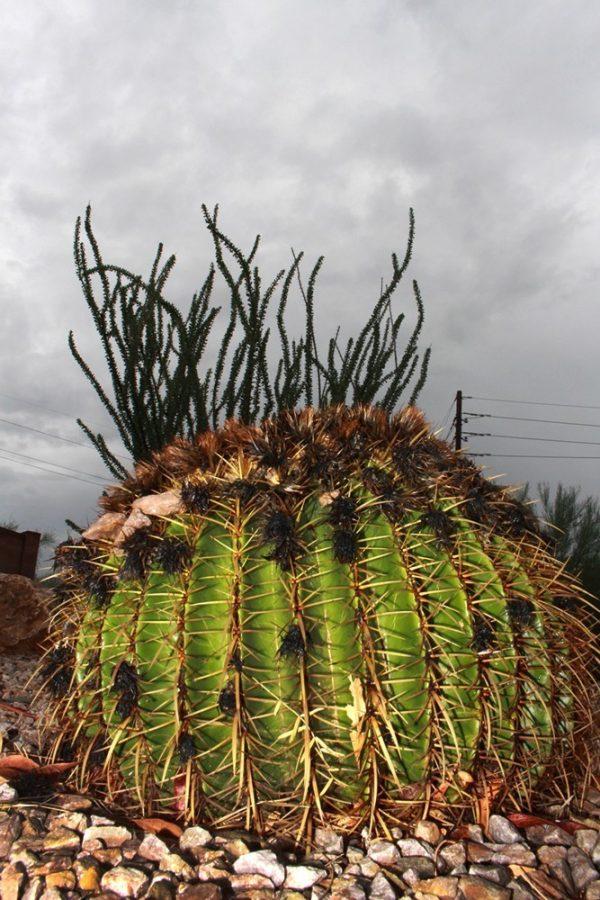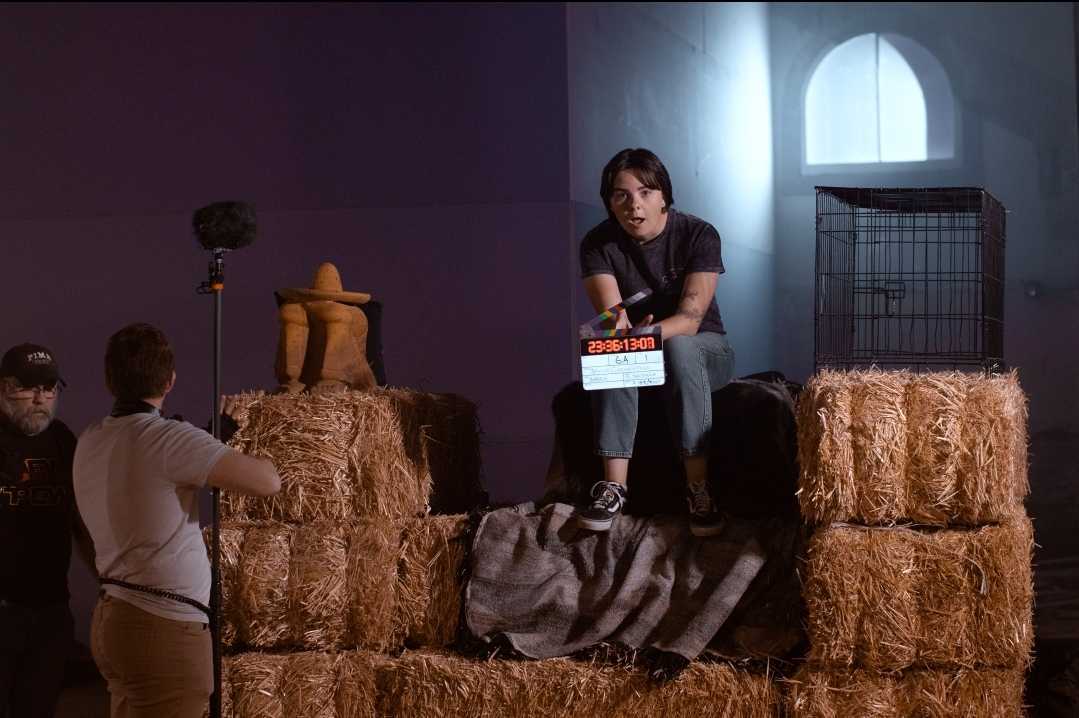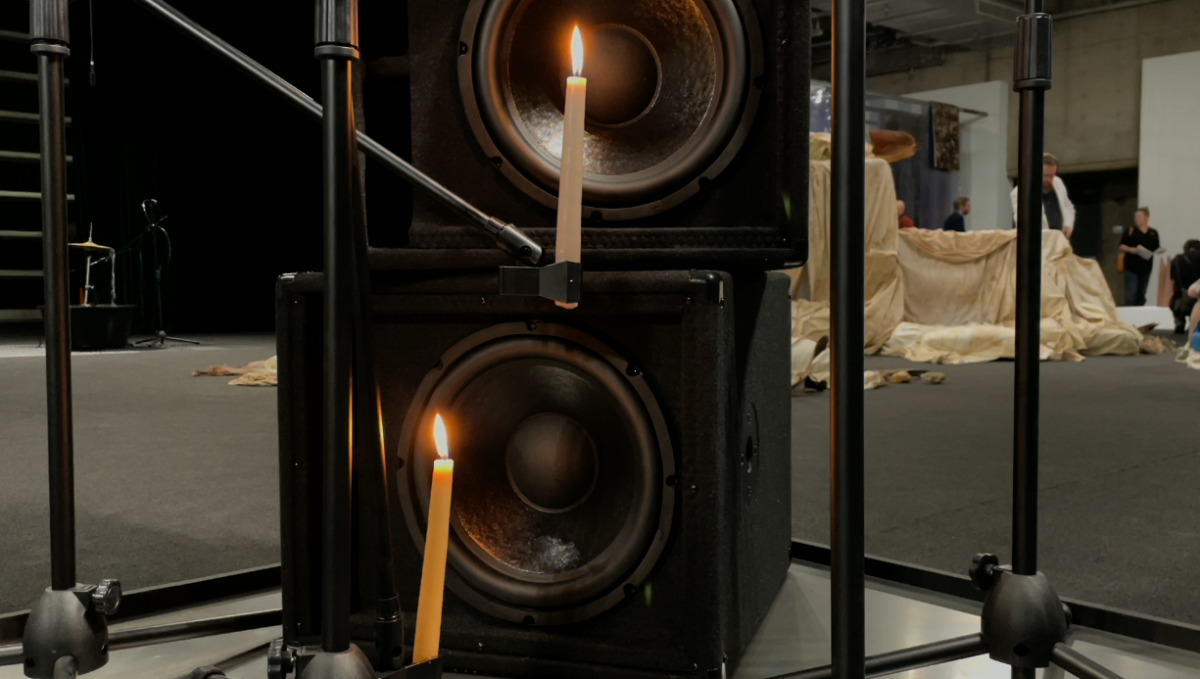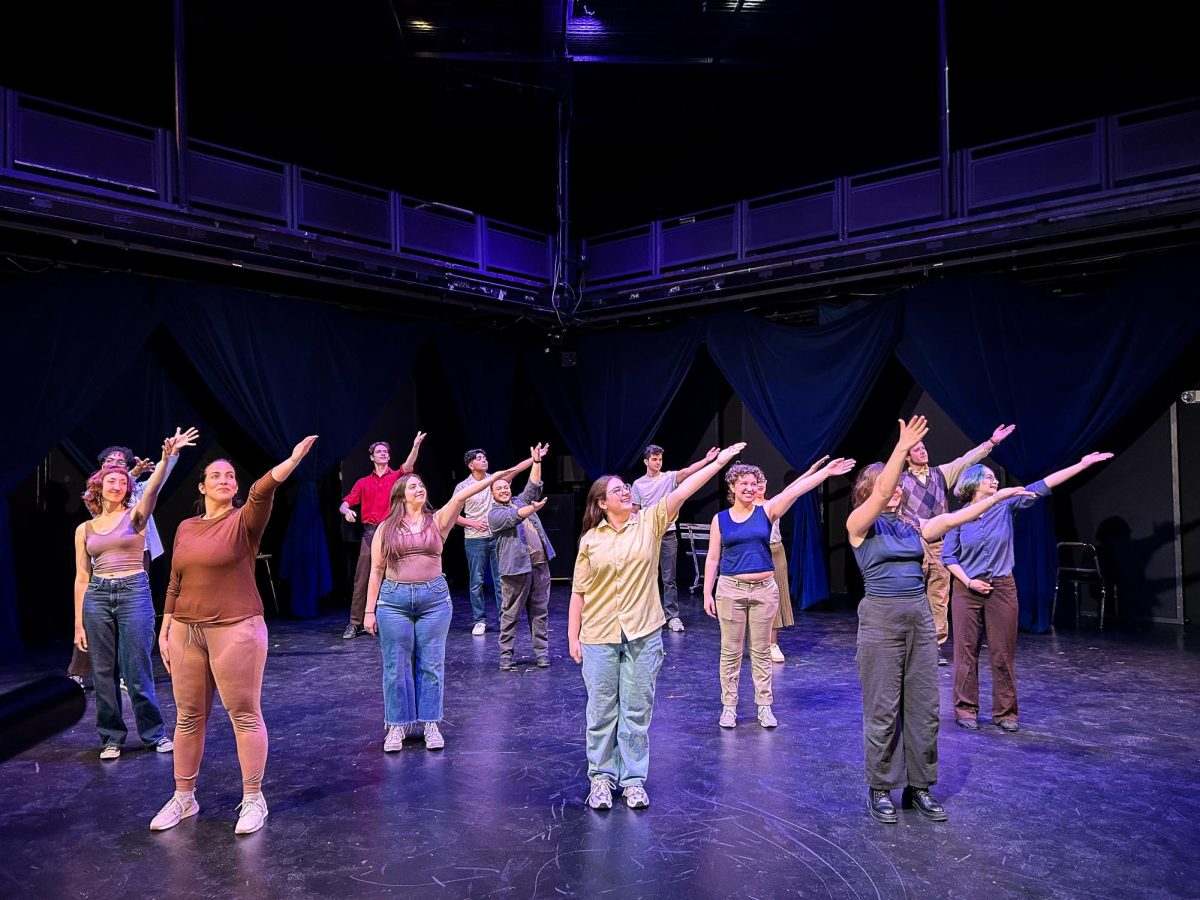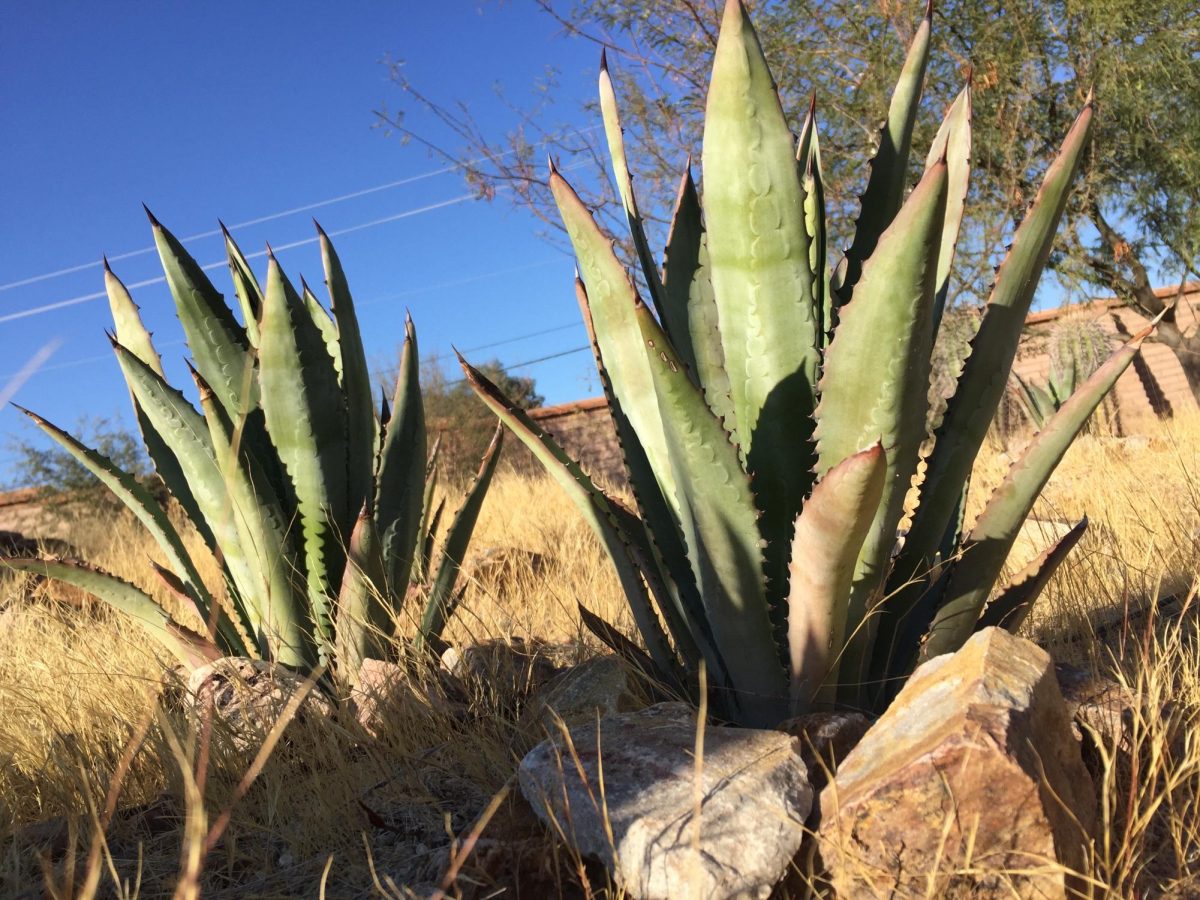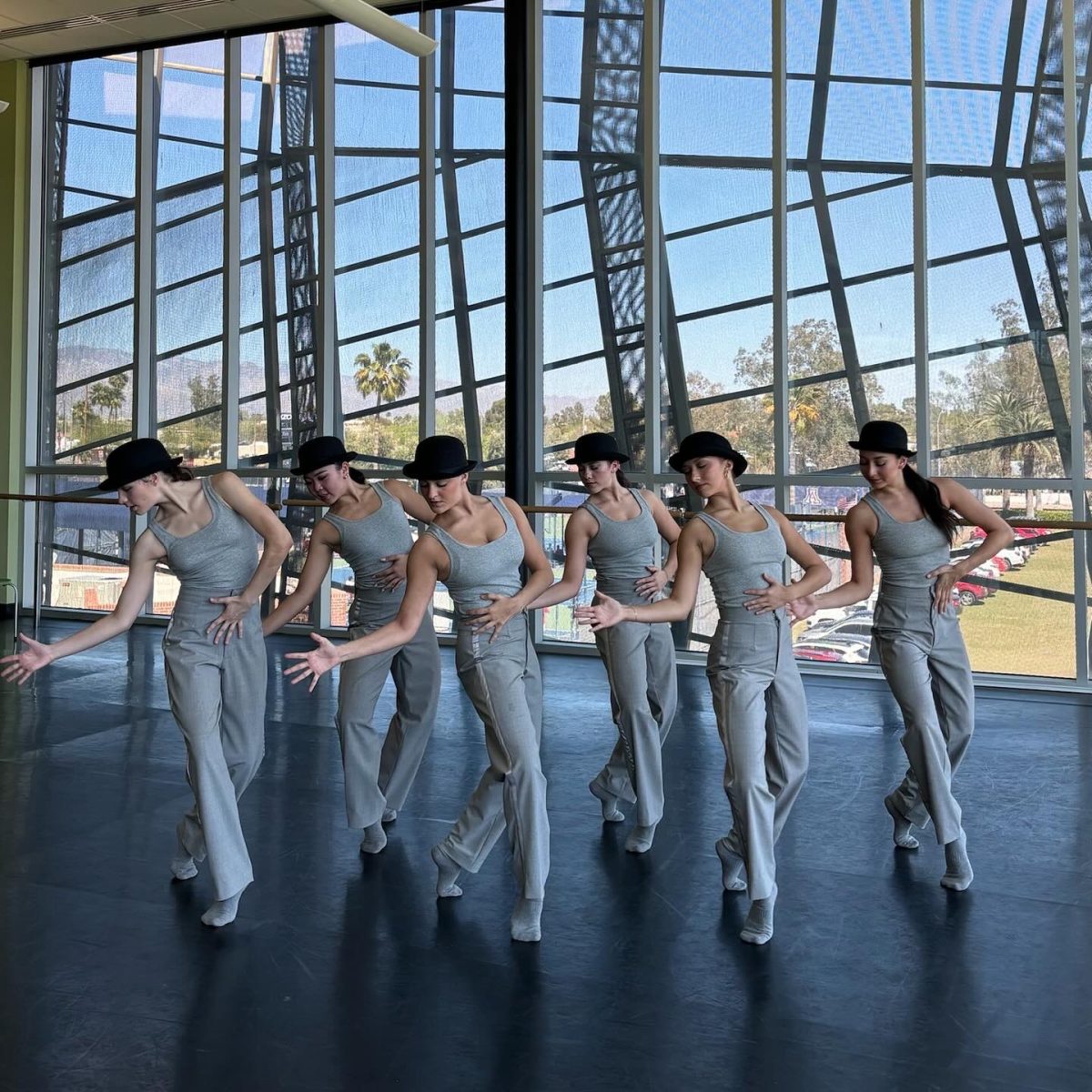Tucson beat out its competitors last summer as the location where HBO Max’s “Duster” pilot episode would be shot.
The “Duster” pilot episode had been filmed in the downtown Tucson area and parts of Pima County from early September to mid-November. The series takes place in the Southwest U.S. in the 1970s and is based on a getaway driver who works for a crime syndicate. It features “Lost” star Josh Holloway in the leading role, and is written and produced by J.J. Abrams and LaToya Morgan.
It’s been a while since a major Hollywood studio has made a stop in Tucson, especially one like Warner Bros. Television Studios, the production company behind “Duster.”
The production may serve as a boost to Tucson’s pandemic economy.
RELATED: Mariachi Arizona seeks visibility through its music
Peter Catalanotte, director of Film Tucson, knew why Hollywood studios had opted to shoot productions elsewhere lately.
“Film incentives are the number one reason why a lot of projects aren’t coming to Tucson like they used to,” Catalanotte said.
In the late 90s, Canada came up with film incentives which “lured a lot more filming to their region and it worked,” Catalanotte added. “Sometime in 2002 [or] 2003, New Mexico came up with state incentives and that was another game-changer.”
When New Mexico’s state government passed film incentives into legislation, more film productions began taking place there as well, according to Catalanotte.
“New Mexico has sort of wiped the floor with us because we don’t have any tax incentives,” added Victoria Westover, a local film producer.
There was a time when Arizona did have state incentives. However, “[state] legislature did away with them a few years ago,” Westover said. “We’ve got nothing now to offer anybody.”
Having no film tax incentives has put Tucson and Arizona in general at a competitive disadvantage. They are unable to compete with New Mexico and Georgia who offer more lucrative incentive packages for film and television studios. At the end of the day, these packages make the most sense for studios financially.
“It’s only because of our very conservative state legislature that we don’t have the incentives that New Mexico can offer,” said Tucson City Councilman Steve Kozachik.
Despite not having any tax incentives to offer, many projects have been at least partially filmed in Tucson that a lot of people may not realize.
“It’s reality TV shows, commercials, [and] foreign television,” Westover said. “It’s usually tied to something specific about Tucson that they can’t find somewhere else. A scene in a larger film maybe comes through,” which has been the case for films such as “The Hangover Part III” and “Away We Go.”
RELATED: Coffee, coffee, coffee: Your guide to surviving finals with the help of caffeine
On top of incentives, the look of a city or town is another major factor that draws a film or TV production to a specific location. This was the case for “Duster.”
“It was between Las Cruces [New Mexico] and Tucson,” Westover said. “They really wanted to shoot here just because they fell in love with Tucson and liked the look of it better than Las Cruces.”
Arizona being a more cost-effective state to shoot production doesn’t hurt either.
“The costs are so much lower to film here compared to the states with film incentives,” Catalanotte said.
Once film scouts for “Duster” were sold on filming their production in Tucson, the next step was working out the finer details to begin shooting.
“Once they made the decision that they wanted to be in City Hall, we then went back to Mayor [Regina Romero] and [City] Council and talked to them about how we would be able to entice them,” said Andrew Squire, City of Tucson public information officer.
Romero and the council elected to contribute approximately half a million dollars to their tourism budget to secure “Duster.”
“The state of Arizona contributed, I believe, $4 million,” Squire added.
It was a conglomerate effort to successfully secure the project as Rio Nuevo, a tax increment financing district in Downtown Tucson, played a hand as well.
“Tucson could become a major tourism spot if the series ends up turning into something as popular as “Breaking Bad,” Squire said.
As an agreement was reached by HBO Max executives and City Hall back in the summer, there were still some items that had to fall into place before filming was greenlit, according to Squire.
City officials had to relocate several departments, business services and the licensing division “into a more customer-friendly spot in the public works building in Downtown,” Squire said.
All that relocating allowed the second floor of City Hall to be used as one of the film sets.
When it came to city-wide planning, that was another story. Squire and other officials made sure that they had an expedited process to get the production’s permits through.
They had “sort of a little strike team when they needed road closure permits because obviously, this [show] is about a getaway driver, so there were driving scenes throughout the region,” Squire said. “Working with our different departments to make sure that signs needed to be changed to look like they were from the 70s.”
RELATED: UA achieves record international student enrollment
Film permits can range from closing roads, streets, taking up public spaces and even shooting late at night.
Permits are required depending on “how much they’re tying up the resources,” said Diane Frisch, director of Pima County Tourism and Attractions Department.
There are also certain requirements that studios must meet before they can receive permits.
“We want to make sure they have insurance [and] want to know the parameters of their shooting,” Frisch said. “They aren’t expensive, but you can’t just show up and start shooting.”
Squire said City Council was excited once this venture came into fruition as they understood the impact that “Duster” could have on the local economy.
“The good thing about films is that they are not just one sector of the economy,” Kozachik said. “They’re food, lodging, employment, catering [and] construction. If we had a state legislature that understood the film industry is a jobs creating industry and created an incentive, then we would be having this conversation a whole lot more often.”
Follow Bryan Savic on Twitter



